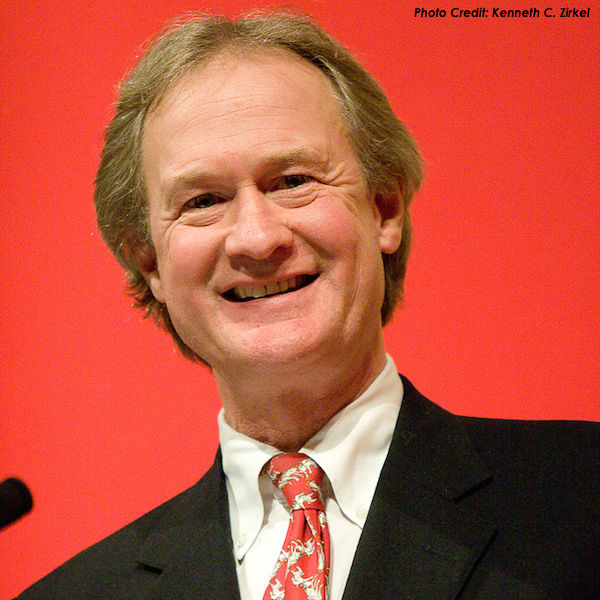Always remember that in US electoral politics there are two axes: How people vote and which people vote. Rethinking how we talk about the latter – and making sure we talk about them at all – will be key in the months ahead. This post doesn’t point fingers specifically but raises some concerns many of you might not have considered.
Winning elections is not always about converting voters, as this low turnout election – like so many low turnout elections before it – has proven. Sometimes it is about persuading people to show up – and making it possible for them to do so in the first place. We should always work to make it easier for people to vote in our democracy and many states have taken steps in recent years to make it substantially easier. (Oregon Gov. & Former Secretary of State Kate Brown, for example, oversaw the addition of universal automatic voter registration to the state’s existing 100% vote-by-mail system and she made it easier for people with various disabilities to cast special ballots if needed.) On the other hand, many states, especially in the South, have permanently taken away the voting rights of hundreds of thousands – even millions – of minority voters, not to mention purging voter rolls. The Democratic Party should be fighting to make sure all voters can vote. But in addition to people not being able to vote, we didn’t lose this election because we failed to convert reactionary or hateful voters to our worldview, but more because many of their neighbors in those states chose to stay home this year. This was a big drop from 2012, which itself was a sizeable drop from 2008.
I’m not telling you to “listen better” to incorrigible racists; I’m telling you to listen and figure out why several million people felt so much despair about the state of the country and the competing visions being presented to them that nothing motivated them to make the trip to the polls. You can complain that the stakes were so high they should have voted anyway, and you can complain until the cows come home, but it won’t change what happened and it won’t prevent it from happening again in 2018, 2020, and beyond.
Michigan, to focus more narrowly for a moment, has a number of communities, cutting across many ethnicities, facing distinct existential challenges (i.e. challenges that literally threaten their lives on a daily basis), and Democrats have increasingly just looked away as Republicans tightened the screws (when not actively helping). The Michigan Democratic primary was a huge upset and featured issues of not just trade or manufacturing jobs (a multi-racial issue contrary to media narratives) but also Flint’s austerity-driven water poisoning crisis (primarily impacting Black residents) and the United States’ ongoing military activities in Middle Eastern countries where many voters have family. The general election featured no promises to end the wars, no discussion of Flint at all, and no real plan to repair the lives of (solidly Democratic) Black or White working class families impacted by trade laws and union-busting. Forget for a moment the people who jumped to do press interviews about voting for Trump – we let down a lot of our most reliable voters and they decided it wasn’t worth it to go vote if it meant just voting in someone who wasn’t talking about how to end the misery they’re already in every day. And President Obama, while personally popular still to many people, made a lot of promises on trade, environmental safety, and the Middle East that he didn’t fulfill for the people of Michigan, if we’re honest.
Sure, I’m upset with people who voted for Donald Trump, but I wasn’t expecting or trying to win them over in great numbers – nor am I now. I’m trying to make sure our own voters have a reason to believe it’s worth voting and will make a difference. I’m trying to make sure we run on and deliver on an agenda that makes a noticeable difference in the lives of people who have a hard go of it, so that voters can see not just why they should vote for us but why they should vote at all.






